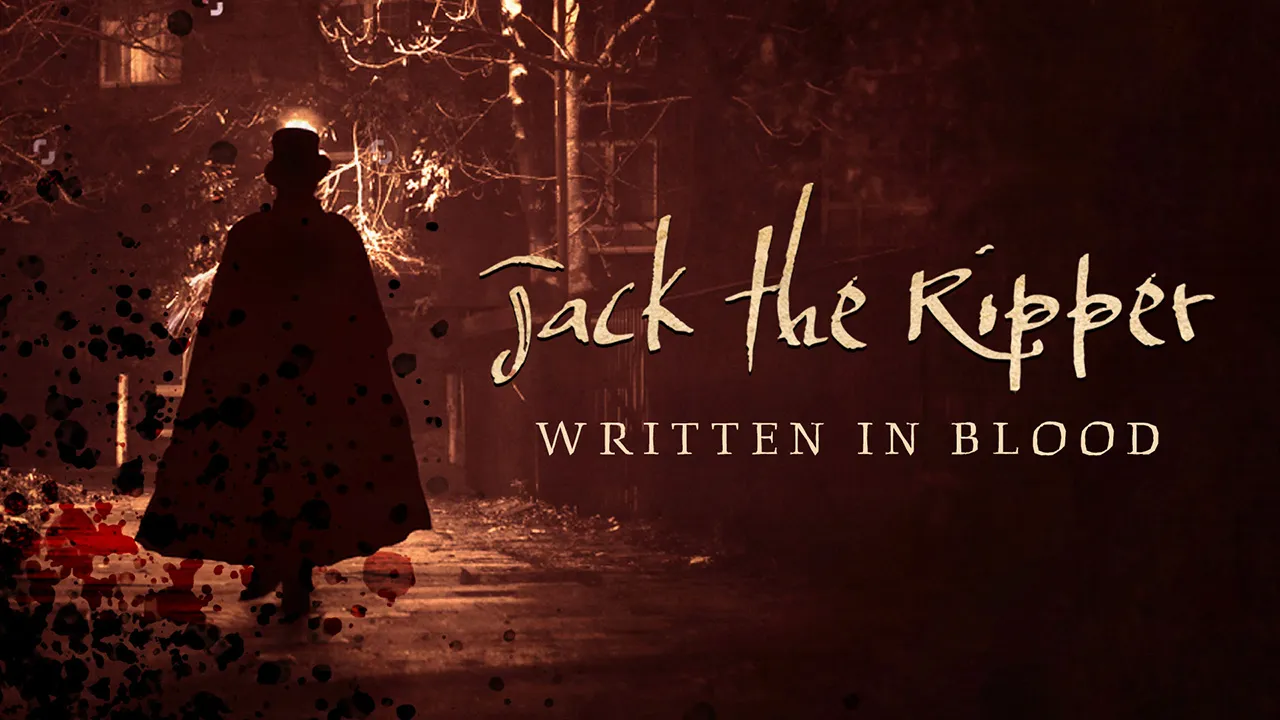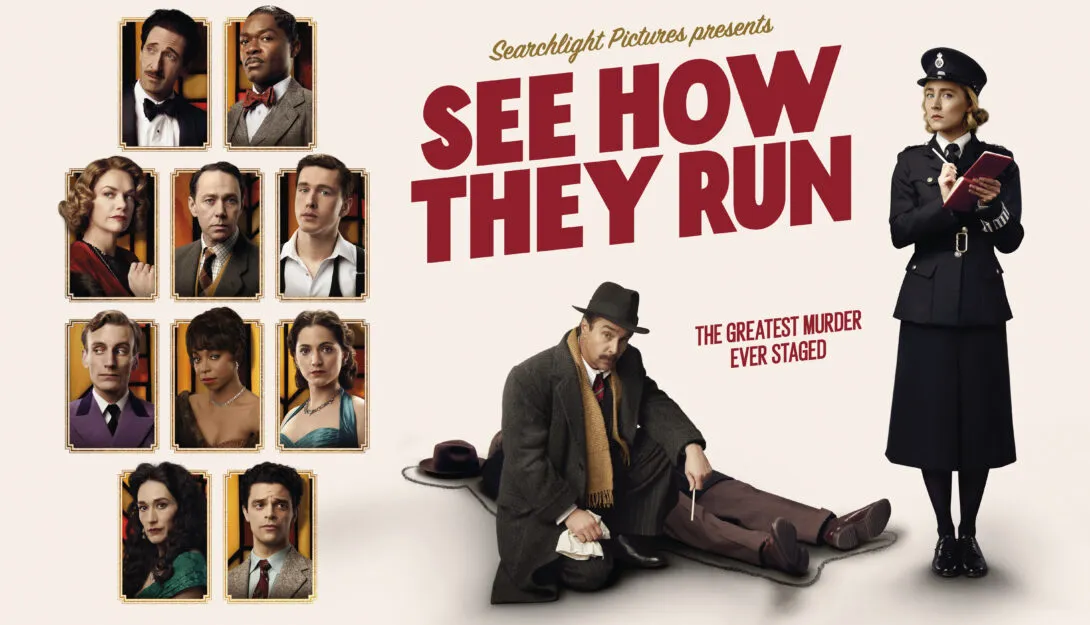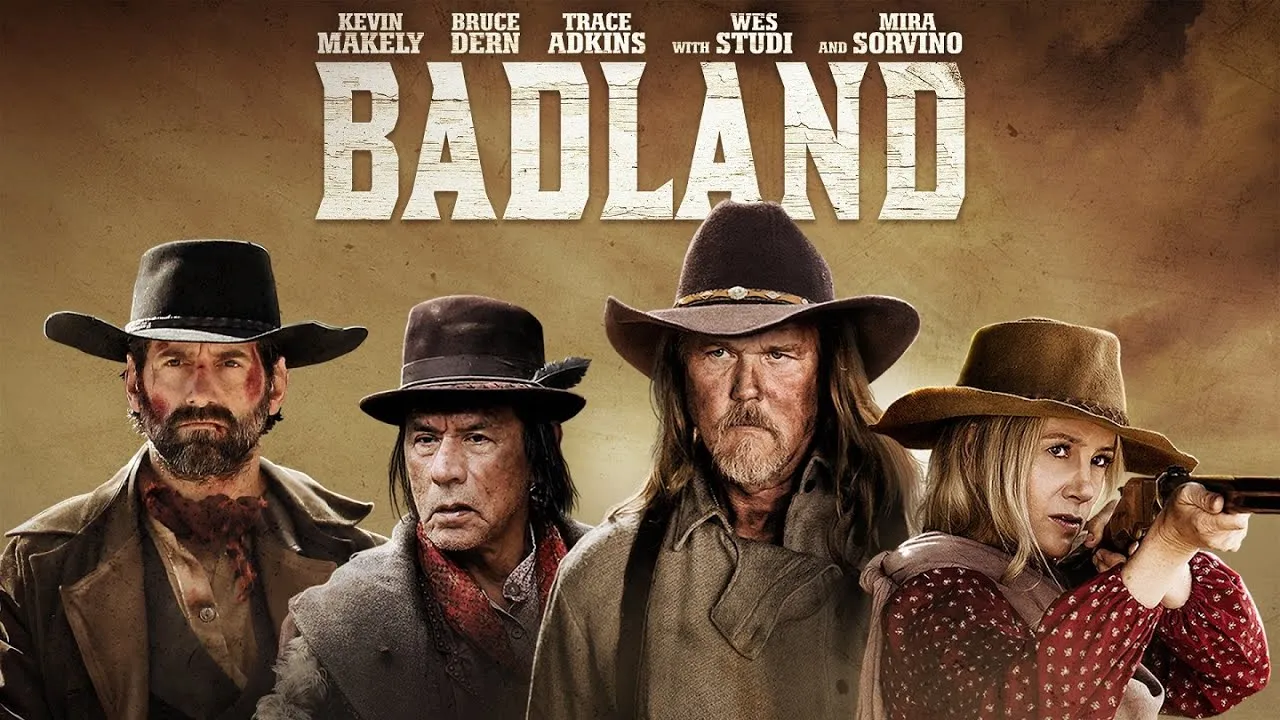In a genre overrun with zombie clichés and apocalyptic tropes, Extinction (2015), directed by Miguel Ángel Vivas, stands out not for revolutionizing the zombie formula, but for humanizing it. Adapted loosely from Juan de Dios Garduño’s novel Y Pese a Todo, the film blends horror, drama, and icy isolation into a story more about emotional survival than gore.
Often overlooked by mainstream audiences, Extinction quietly carves out a space as one of the more character-driven and emotionally resonant post-apocalyptic thrillers of the 2010s. While not perfect, it’s a film that lingers — and leaves you wondering what might come next if the story were ever continued.
Set in a post-apocalyptic world decimated by a mysterious virus that turns people into savage, mutated creatures, Extinction opens years after the initial outbreak. Civilization is gone, snow covers the Earth, and only a few survivors remain. Among them are Patrick (Matthew Fox) and Jack (Jeffrey Donovan), two former friends who live in neighboring but separate homes in a remote frozen town — their only connection is Lu, Jack’s young daughter.
The tension between Patrick and Jack is palpable. Flashbacks reveal a painful falling-out during the early days of the outbreak — rooted in loss, miscommunication, and survival instincts. Jack is overprotective and emotionally guarded, while Patrick is wounded by past trauma and isolation.
Lu, caught between these two broken men, becomes the emotional anchor of the film. She is curious about the world, questioning the hostility between the two men and slowly forming a bond with Patrick. When mutated creatures reappear, threatening their fragile safety, the trio must reconcile, face their fears, and fight for survival.
What’s compelling about Extinction is not its action (though it delivers moments of intensity), but its intimacy. The monsters are present, but the true horror comes from emotional wounds, regrets, and the psychological burden of survival.
Where other films in the genre rely on nonstop adrenaline and hordes of undead, Extinction is almost meditative. It slows down to let the silence breathe. The snow-covered wasteland mirrors the coldness between the characters, and the horror comes as much from their fractured relationships as from the monsters outside.
Matthew Fox and Jeffrey Donovan give grounded, raw performances. Their chemistry is built on tension, pain, and subtle moments of vulnerability. Quinn McColgan, who plays Lu, is a standout — portraying resilience, innocence, and warmth in a world of bleak survival.
The cinematography reinforces the isolation, with wide, snowy landscapes that swallow the characters in white nothingness. The sound design, often quiet and minimal, builds a suspense that’s psychological as much as physical.
At its core, Extinction is about grief, forgiveness, and redemption. It explores how the apocalypse doesn’t just change the world — it changes people, and not always for the better.
The ending of Extinction leaves several questions open. The survivors — Jack, Patrick, and Lu — manage to escape their cabin after a brutal final battle with the mutated creatures. Patrick is wounded, possibly fatally. Their future is uncertain. Do they find more survivors? Is there a cure? Is Lu the key to something bigger?
A sequel, imagined as Extinction: Awakening, could take place several years later. Lu is now a teenager — tough, smart, and hardened by the world. Jack is older, wearier, but still fiercely protective. Patrick’s fate? Perhaps he survived — scarred, but now leading a small community of immune survivors in a hidden valley.
In Awakening, the virus may have evolved. The mutants have become more intelligent, organized — forming predatory packs. Lu begins to question everything she’s been taught. Are the monsters completely mindless, or are they victims? She meets a mysterious boy who claims to have a partial immunity — a hybrid. Through him, she learns that the virus may not be a death sentence, but a transformation.
:max_bytes(150000):strip_icc()/extinction-4ae0a8c3d8c54011a7bfaa049cb5ae29.jpg)
The sequel could explore themes of adaptation, evolution, and empathy. What if humanity’s future lies not in restoring the past, but in embracing change — even if that change is terrifying?
At the emotional core of the sequel would still be Lu and Jack — their father-daughter bond tested by Lu’s growing independence and Jack’s trauma. Add to that the potential return of Patrick, now a symbolic figure of what it means to carry guilt and responsibility long after the world ends.
A sequel to Extinction wouldn't just continue the story — it would complete it. The first film is intimate, personal, and self-contained, but it hints at a larger world. There’s potential to expand the mythology of the virus, introduce new characters, and explore ethical dilemmas of survival: Are the infected still human? Can they be saved? And if they can be, should they?
Moreover, in an era of high-concept, bloated zombie media, a sequel to Extinction could remain refreshingly character-focused — sticking with the small, emotional stakes that made the original so affecting. Rather than bigger explosions, it could offer deeper heartbreak. Rather than mass violence, it could show personal evolution.
Extinction (2015) is an underrated gem — not flashy, not fast-paced, but deeply moving and surprisingly mature. It takes the familiar structure of a post-apocalyptic thriller and uses it to tell a story about broken families, the resilience of children, and the healing power of connection.
While it may not have received the attention it deserved upon release, its emotional resonance has quietly earned it a cult following. And with the right story and tone, a sequel could elevate Extinction into a truly unforgettable saga — not about the end of humanity, but its slow, painful, and hopeful rebirth.



-1751535588-q80.webp)


